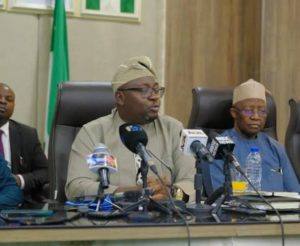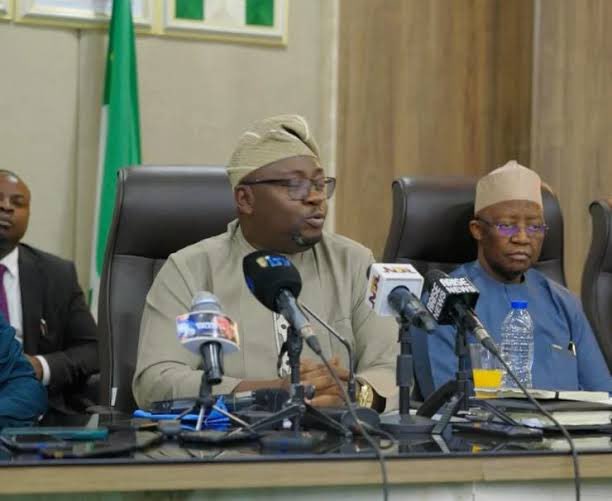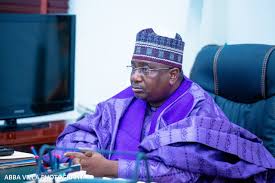
The Minister of Power, Adebayo Adelabu, has unveiled a monumental challenge facing Nigeria’s power sector: the need for approximately N2.77 trillion to complete 149 ongoing projects managed by the Transmission Company of Nigeria (TCN).
This figure far surpasses the total annual budget allocated to the Ministry of Power, signaling a critical funding gap in the government’s efforts to overhaul the nation’s electricity infrastructure.
Speaking at the National Assembly during a budget presentation, Adelabu laid bare the enormous financial requirements and the implications for Nigeria’s electricity supply.
“For the TCN alone, we will need about N2.779 trillion to enable us to execute the 149 projects we are currently engaged in all over the country,” he said. The figure dwarfs the ministry’s total allocation, highlighting the urgency for collaboration between the executive and legislative arms of government.
Undeterred by the funding shortfall, Adelabu stressed the importance of pragmatic steps to improve power supply. “Half bread is better than none,” he remarked, while urging lawmakers to support the ministry’s initiatives.
“I’m telling you so that you can be aware of the kind of money that is needed in the ministry for us to address our electricity challenges. We need your cooperation and collaboration in achieving the mandate of Mr. President in electricity supply to Nigerians.”
Adelabu provided fresh updates on the highly anticipated Siemens Power Project, an ambitious initiative designed to address Nigeria’s aging and vulnerable power infrastructure. The first phase of the project, which involves building five modern substations across the country, is set to kick off this quarter.
“The federal government is fully determined to address the challenges and issues that have been blocking our progress in providing reliable electricity to Nigerians,” Adelabu said. He attributed recent grid collapses to outdated and obsolete equipment plaguing the country’s power stations, a problem the Siemens project aims to eliminate. “By next week, we will begin the contracts for the substations to come on board,” he disclosed.
The minister painted a hopeful picture of the project’s transformative potential. Once operational, the Siemens substations are expected to significantly stabilize electricity supply and prevent grid collapses, a recurring problem that has hampered both industrial and domestic power needs in Nigeria.
The Minister’s presentation also cast a spotlight on Nigeria’s longstanding power challenges, underscoring the federal government’s commitment to reversing decades of underinvestment in the sector. Adelabu emphasized the need to modernize Nigeria’s transmission network, describing it as a key component of the government’s strategy to bolster electricity delivery to homes and businesses nationwide.
“Of particular note is the grid collapse, which has to do with the obsolete and outdated equipment around our power stations. The Siemens project will energize our supply so that the issue of grid collapse will be a thing of the past,” he assured lawmakers and stakeholders.
Beyond the specifics of the Siemens project and TCN’s funding needs, Adelabu’s address was a clarion call for unified action in tackling the nation’s energy crisis. By spotlighting the significant financial and technical hurdles, the minister set the stage for broader discussions on the strategic partnerships, public-private collaborations, and legislative support required to achieve sustainable progress.
The enormity of the N2.77 trillion funding gap underscores the scale of Nigeria’s power sector challenges, but it also reflects the government’s ambition to tackle systemic problems with bold solutions.




